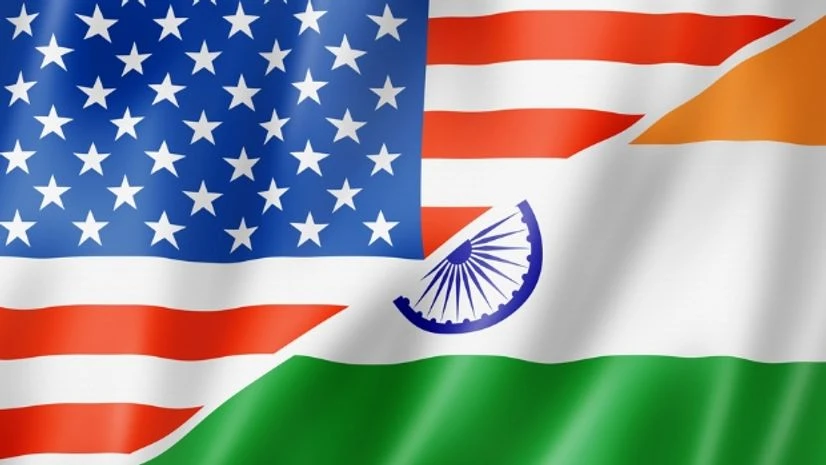The TPF, the premier bilateral arena for discussing trade and investment issues between nations, will see the BIT being discussed in detail, but questions remain over a conclusive deal, a government official said on the condition of anonymity.
With the US presidential elections to be held in November, both governments are being cautious, the official added.
The BIT is expected to eventually replace the existing bilateral investment protection and promotion agreements (BIPPAs) that India has signed with 72 nations, the model draft of which was cleared by the Cabinet in December 2015.
In August, Commerce and Industry Minister Nirmala Sitharaman had said after the conclusion of the second round of India-US Strategic and Commercial Dialogue in New Delhi that India will wait for the US’s response on the issue.
At the same time, US Commerce Secretary Penny Pritzker had signalled that discussions will require some time, arguing that any agreement should include similar standards set by the Trans Pacific Partnership, a proposed mega trade pact between the US and 11 Pacific rim nations.
The model BIT states that India or any other country cannot nationalise or expropriate any asset of a foreign company unless the law is followed, is done for public purpose and fair compensation paid. Public purpose is not defined in any treaty India has signed with other nations. The BIT states that dispute-resolution tribunals, including foreign tribunals, can question “public purpose” and re-examine a legal issue settled by Indian judicial bodies.
However, other nations have reservations about the BIT allowing foreign companies and related aggrieved parties to seek international arbitration only after exhausting all domestic redressal options.
India received $17.95 billion in foreign direct investment from the US between April 2000 and March 2016.
Other crucial issues like Visa regulations, customs cooperation, greater market access for goods, and intellectual property rights are also set to be discussed at the 10th edition of the TPF in New Delhi.
The TPF has five focus groups overseeing agriculture, investment, intellectual property rights, services, and tariff, non-tariff barriers. In its annual meeting in July 2015, India had pressed for setting up a high level group to discuss its concerns on the Totalisation and Social Security Act of the US.
According to India, this law discriminates against Indian workers in the US, who end up losing their social security contributions because of a discrepancy in the Visa and social security regimes.
India wants early conclusion of the issue, aiming to protect the interests of Indian professionals who contribute around a $1 billion (Rs 6,670 crore) each year to the US social security. Under this pact, professionals of both the countries would be exempted from social security taxes when they go to work for a short period in the other country.
Similarly, the issue of increase in visa fee and reduction in the number of available H1B and L1 visas proposed by US lawmakers will also be discussed. While India claims it will adversely affect the Indian information technology industry, Pritzker had claimed earlier that a majority of such visas were granted to Indians.
"In 2014-15, as much as 69 per cent of the all H1B visas and 30 per cent of L1 visas were issued to Indians,” she had said. Indian companies are an important part of the US economy, with Indian foreign direct investment into the US reaching in $11.8 billion in 2015.
On IPR issues, India has consistently maintained its stand that its IPR laws are compliant with global and World Trade Organization norms, but the US has raised concerns over the patent regime, particularly in the pharmaceuticals sector. On trade secrets, the US wants a separate law.
Currently, bilateral trade between the countries is around $100 billion (around Rs 6.67 lakh crore), with merchandise trade accounting for $62.11 billion (around Rs 4.14 lakh crore). Both sides have agreed to increase this to $500 billion in the coming years.

)
